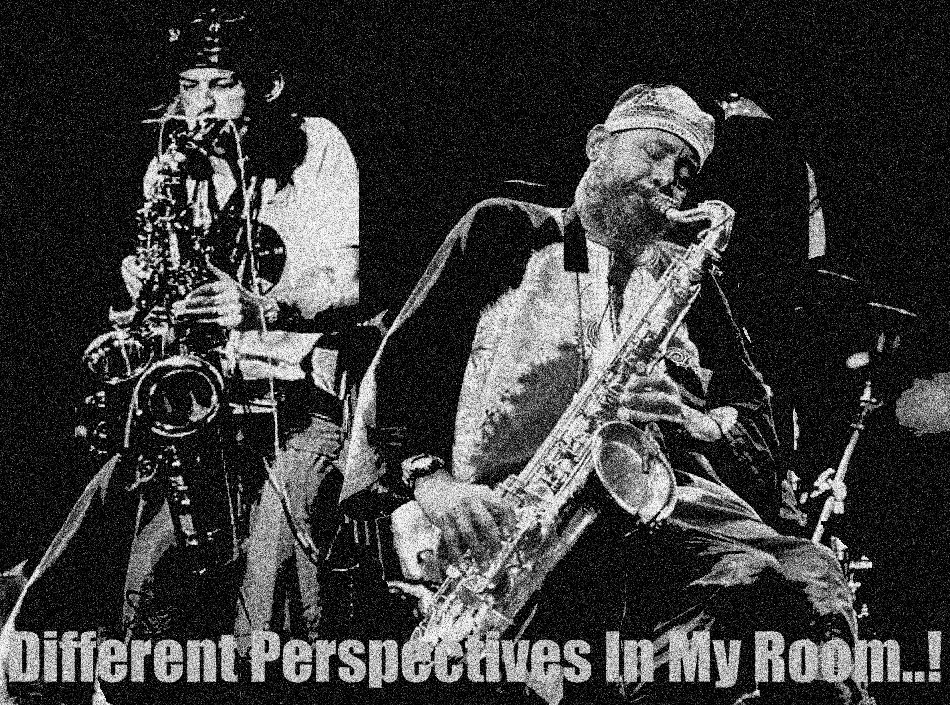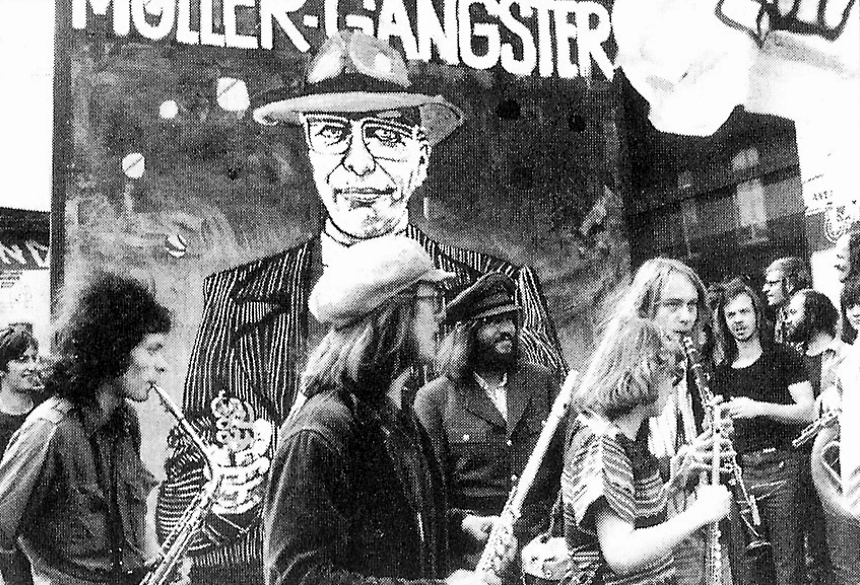Label:
Virgin – V 2024
Format:
Vinyl, LP, Album, Repress / Country: UK / Released: 1975
CD
ReR Megacorp – ReR HCSH1 (UK) (2004)
Style:
Avantgarde, Jazz Rock, Prog Rock
Recorded at The
Manor & Nova Sound Studios, 1974.
Arranged
By, Producer – Henry Cow, Simon Heyworth, Slapp Happy
A1
- Some Questions About Hats . . . (1:49)
A2
- The Owl . . . (2:14)
A3
- A Worm Is at Work . . . (1:52)
A4
- Bad Alchemy . . . (3:06)
A5
- Europa . . . (2:48)
A6
- Desperate Straights . . . (4:14)
A7
- Riding Tigers . . . (1:43)
B1
- Apes in Capes . . . (2:14)
B2
- Strayed . . . (1:53)
B3
- Giants . . . (1:57)
B4
- Excerpt from The Messiah . . . (1:48)
B5
- In the Sickbay . . . (2:08)
B6
- Caucasian Lullaby . . . (8:20)
Line-up
/ Musicians
-
Peter Blegvad / guitar, voice
-
Lindsay Cooper / oboe, bassoon
-
Chris Cutler / drums
-
Fred Frith / guitar, violin, xylophone
-
John Greaves / bass guitar, piano
-
Anthony Moore / piano
-
Tim Hodgkinson / clarinet, organ, piano
-
Dagmar Krause / voice, wurlitzer
Guest
musicians:
-
Mont Campbell / French horn
-
Nick Evans / trombone
-
Mongezi Fezza / trumpet
-
Geoff Leigh / flute
- Pierre Moerlen /
percussionShortly after recording 'Unrest', Henry Cow entered into a merger with label mates Slapp Happy. Slapp Happy comprised Dagmar, a German vocalist who would later win great acclaim for interpretations of Brecht (and sign my copy of this abum), Peter Blegvad, American born but raised and educated in England, played guitar and wrote most of the lyrics and would later contribute the unique strip cartoon Leviathan to the Independent, and Anthony Moore, English pianist who wrote most of the music and who would later work with the post Waters Pink Floyd. Together they produced a kind of skewed pop awash with literary and artistic references. They had recorded 2 albums with Faust, the second of which was re-recorded with session players for Virgin. 2 albums would come from this merger; Desperate Straights (Slapp Happy with Henry Cow) and In Praise Of Learning (Henry Cow with Slapp Happy).
Desperate
Straights was the first of the joint ventures to be recorded, and the union of
Henry Cow's avant rock with Slapp Happy's warped pop was both challenging and
accessible. The majority of the songs were built around a piano/bass/drums
accompaniment, with other instruments adding extra colour where needed. Tim
Hodgkinson's clarinet is deployed as an instrumental foil to Dagmar's unique
voice to superb effect, particularly on the opening song Some Questions About
Hats. Elsewhwere, The Owl features Dagmar accompanied solely by horns and
Europa has some superb percussion from Pierre Moerlen - all the arrangements
are highly original and well thought out. Peter Blegvad takes the lead vocal on
Strayed and does a neat pastiche of Lou Reed's drawl. Excerpt From The Messiah
is a snippet of Handel as though played by a 70s glam metal band like Slade.
There are 2 instrumentals, the title track which is a short, off kilter
foxtrot, and the closing track, a lengthy piano/clarinet piece which features
the 2 instruments playing scales very slowly. Caucasian Lullaby isn't bad at
all, and would have been a superb addition to one of Eno's Obscure label
releases, but it is somewhat out of keeping with the rest of the album.
This
release is more representative of Slapp Happy than Henry Cow. All of Slapp
Happy's albums are worth checking out - this album was released on CD as a
twofer with their first album for Virgin, and is superb value if you can find
it. If you've ever wondered what a cabaret band from mars would sound like,
this album is definitly for you.
Review
by Syzygy,
PROG REVIEWER, February
08, 2005Buy this album!








































